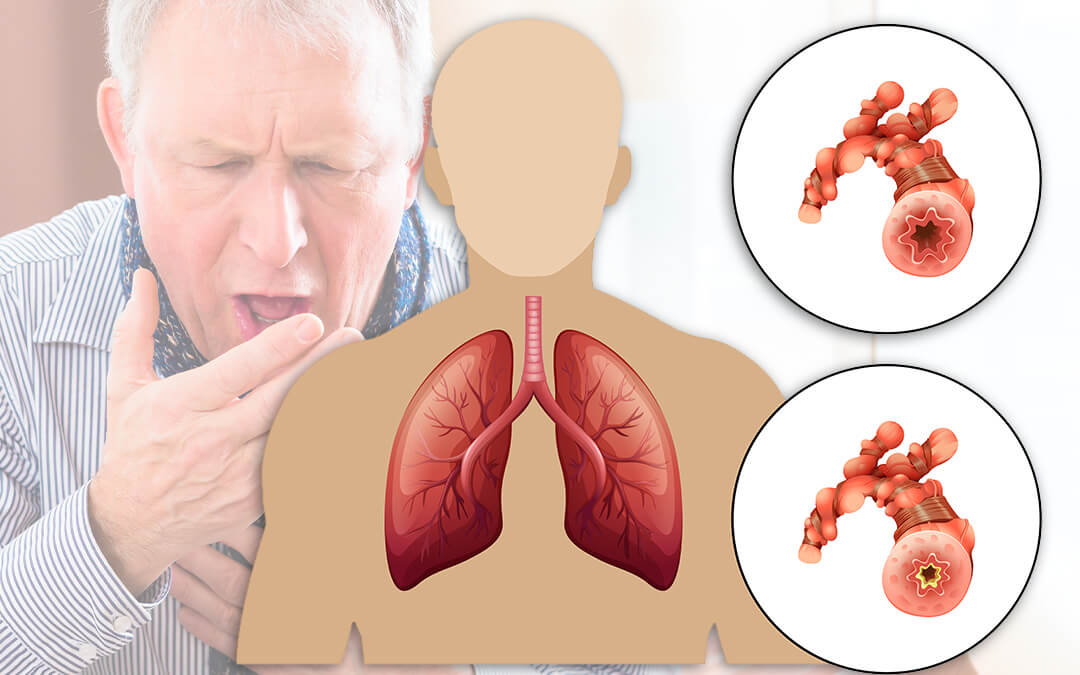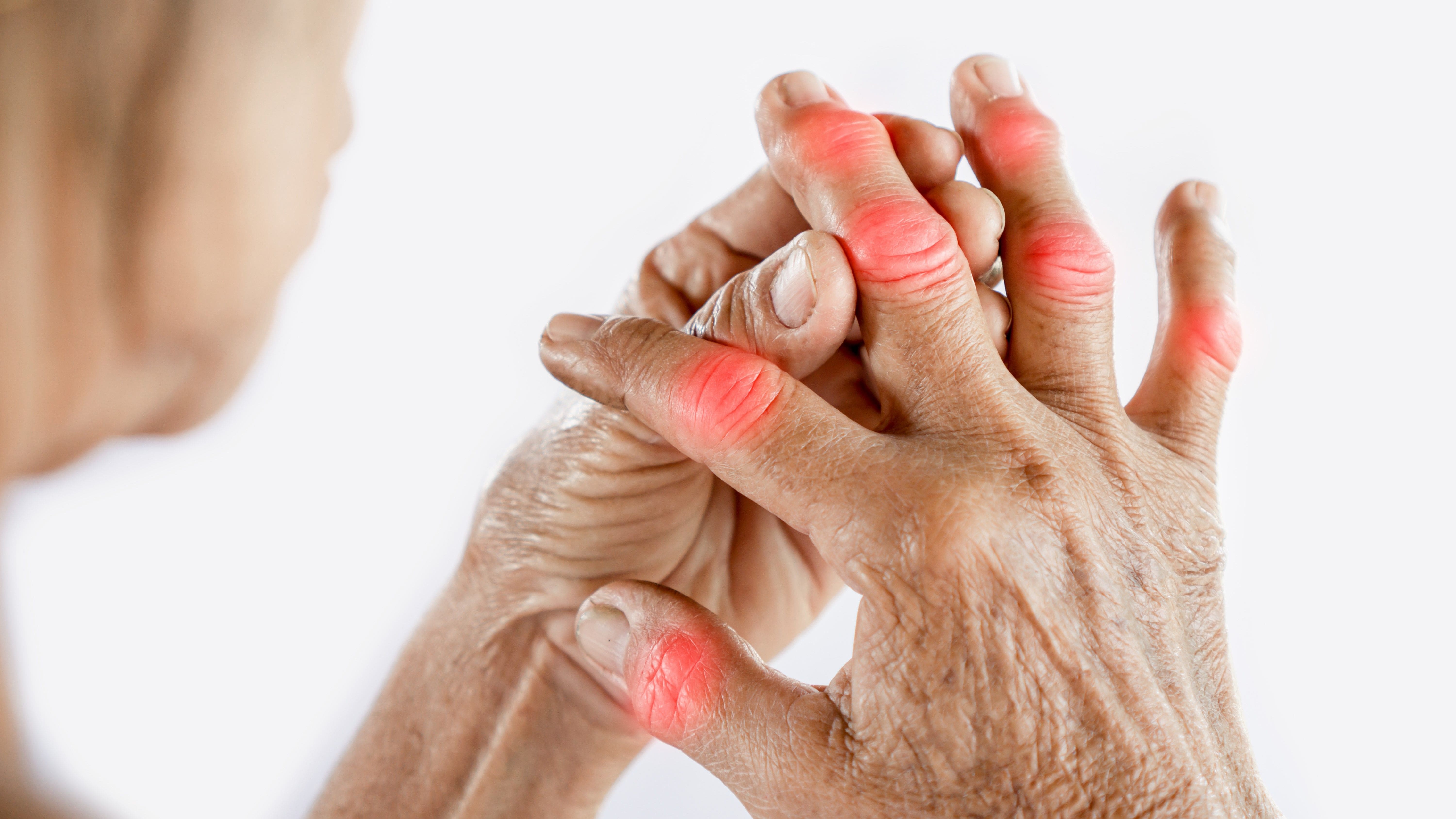
Seasonal Allergies: Understanding, Management, and Prevention
Seasonal allergies, also known as hay fever or allergic rhinitis, occur when your immune system reacts to allergens like pollen, dust, or mold during specific times of the year. Proper management can significantly improve quality of life.
Common Types of Seasonal Allergies
1. Pollen Allergies
- Cause: Pollen from trees, grasses, and weeds during spring and fall.
- Symptoms: Sneezing, itchy eyes, nasal congestion, and runny nose.
- Management: Avoid outdoor activities during peak pollen times and use antihistamines.
2. Mold Allergies
- Cause: Mold spores in damp areas or during rainy seasons.
- Symptoms: Nasal congestion, coughing, and eye irritation.
- Management: Keep indoor spaces dry and clean, and use air purifiers.
3. Dust Mite Allergies
- Cause: Microscopic mites found in dust during seasonal transitions.
- Symptoms: Sneezing, runny nose, and itchy skin or eyes.
- Management: Wash bedding frequently, vacuum regularly, and use allergen-proof covers.
4. Pet Allergies
- Cause: Dander from pets, which may intensify during seasonal shedding.
- Symptoms: Itchy eyes, nasal congestion, and wheezing.
- Management: Keep pets groomed and limit their access to bedrooms.
Causes and Risk Factors
- Genetics: Family history of allergies increases susceptibility.
- Environmental Factors: Exposure to allergens like pollen, mold, and dust.
- Climate: Changing seasons and humidity levels can trigger symptoms.
- Weak Immune System: Increases sensitivity to allergens.
Prevention Tips
Reduce Allergen Exposure
- Close windows during high pollen seasons and use air conditioning.
- Wear a mask when outdoors during peak allergy periods.
- Shower and change clothes after outdoor activities.
Maintain a Clean Environment
- Vacuum carpets and upholstery regularly using HEPA filters.
- Keep indoor humidity levels below 50% to prevent mold growth.
- Wash curtains and linens frequently to remove dust and pollen.
Treatment and Management
- Medications: Antihistamines, decongestants, and nasal corticosteroids to alleviate symptoms.
- Allergy Shots: Immunotherapy to build resistance against allergens.
- Over-the-Counter Remedies: Saline sprays and eye drops for symptom relief.
- Natural Remedies: Use of honey or herbal teas to soothe irritation (consult a doctor first).
Complications of Untreated Seasonal Allergies
- Sinus Infections: Prolonged congestion can lead to sinusitis.
- Asthma Flare-Ups: Allergies can worsen asthma symptoms.
- Fatigue: Persistent symptoms can disrupt sleep and daily activities.
- Reduced Quality of Life: Constant discomfort can affect work and social interactions.
Role of Healthcare Facilities
- Allergy Testing: Identify specific t riggers through skin or blood tests.
- Specialized Care: Treatment plans tailored by allergists or immunologists.
- Patient Education: Guidance on managing and preventing allergy symptoms.
- Emergency Support: Assistance for severe allergic reactions.
Conclusion
Seasonal allergies, though common, can be effectively managed with preventive measures and proper treatment. By understanding triggers and maintaining a clean environment, you can minimize symptoms and lead a healthier, more comfortable life. Take proactive steps to enjoy every season to the fullest!













